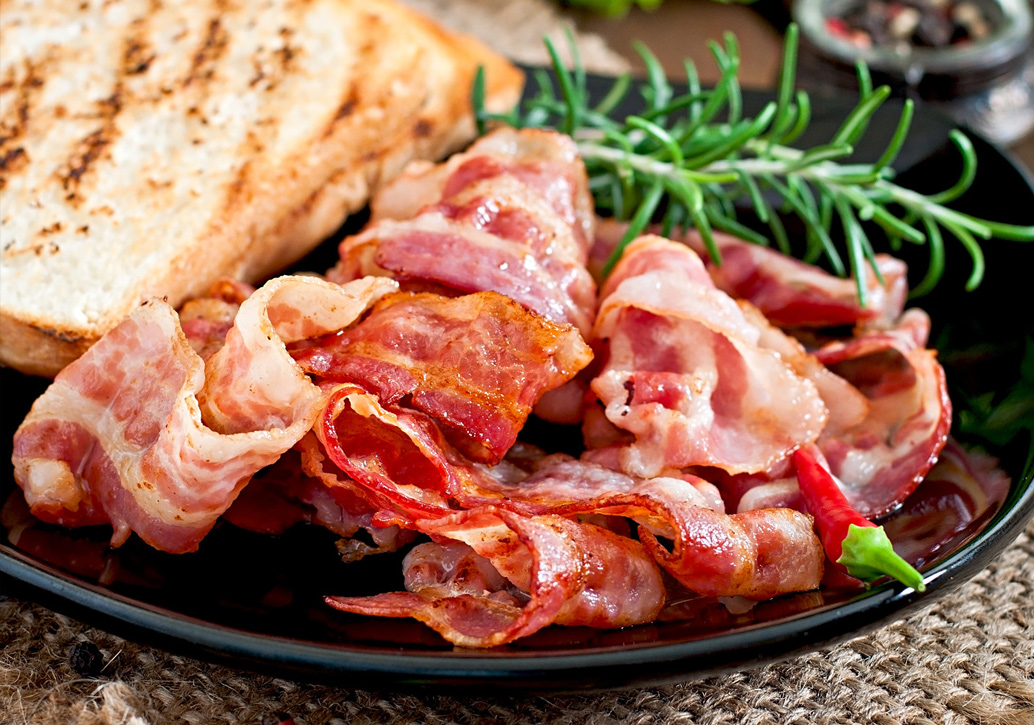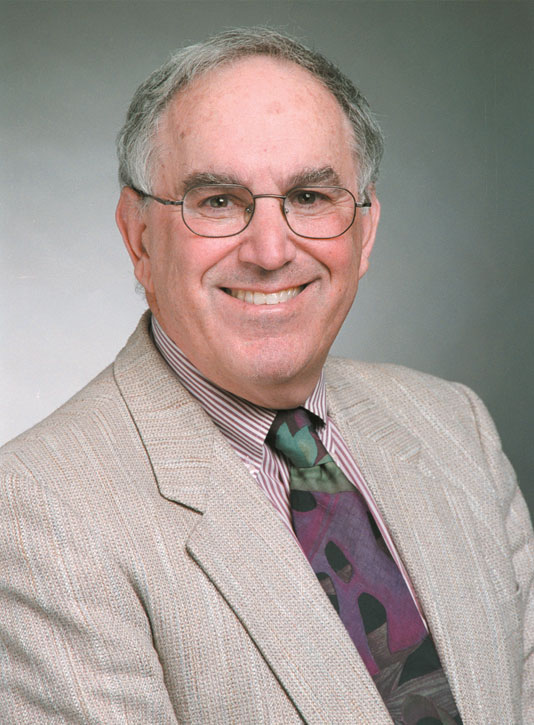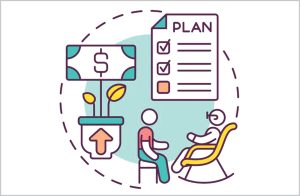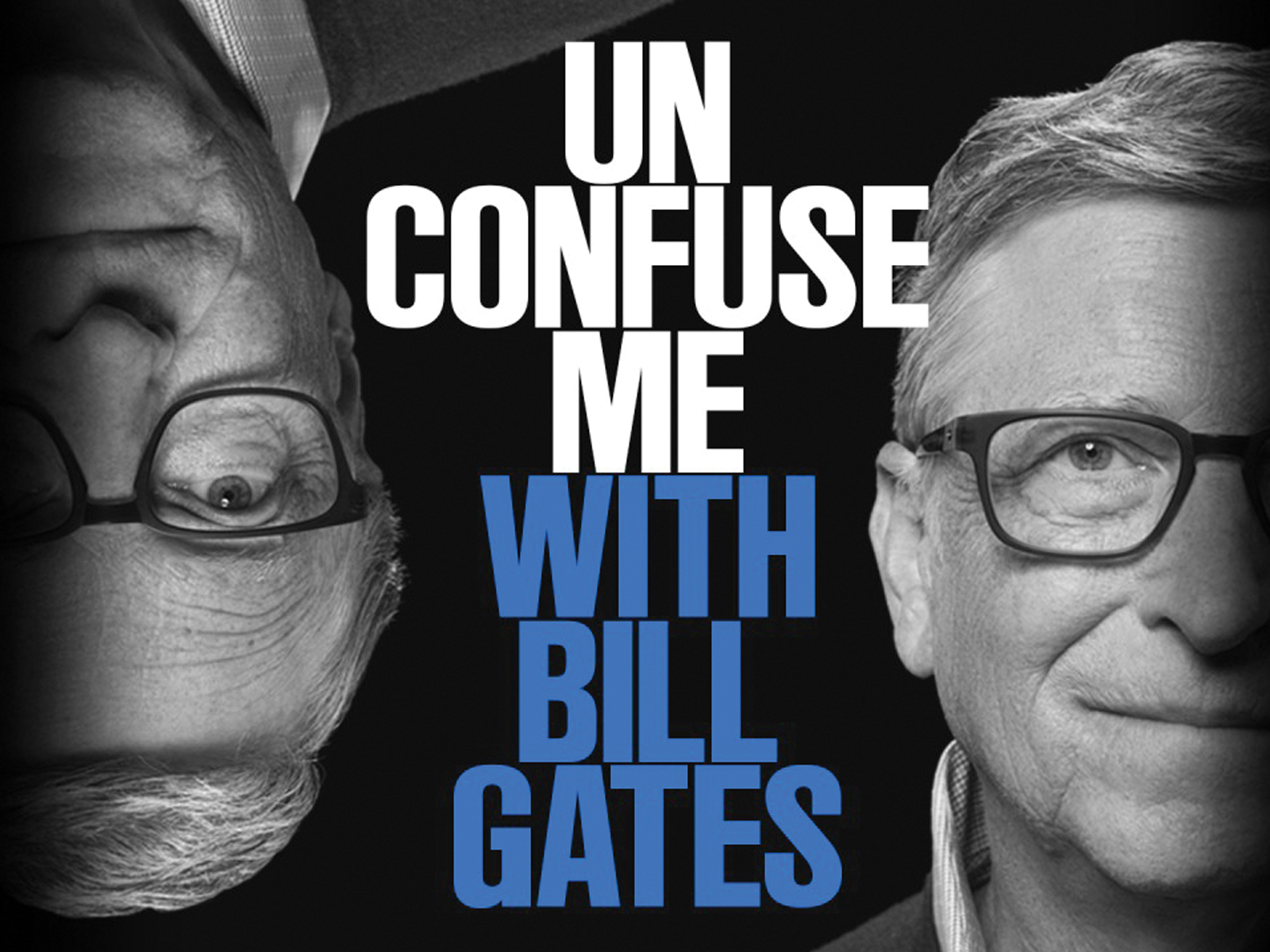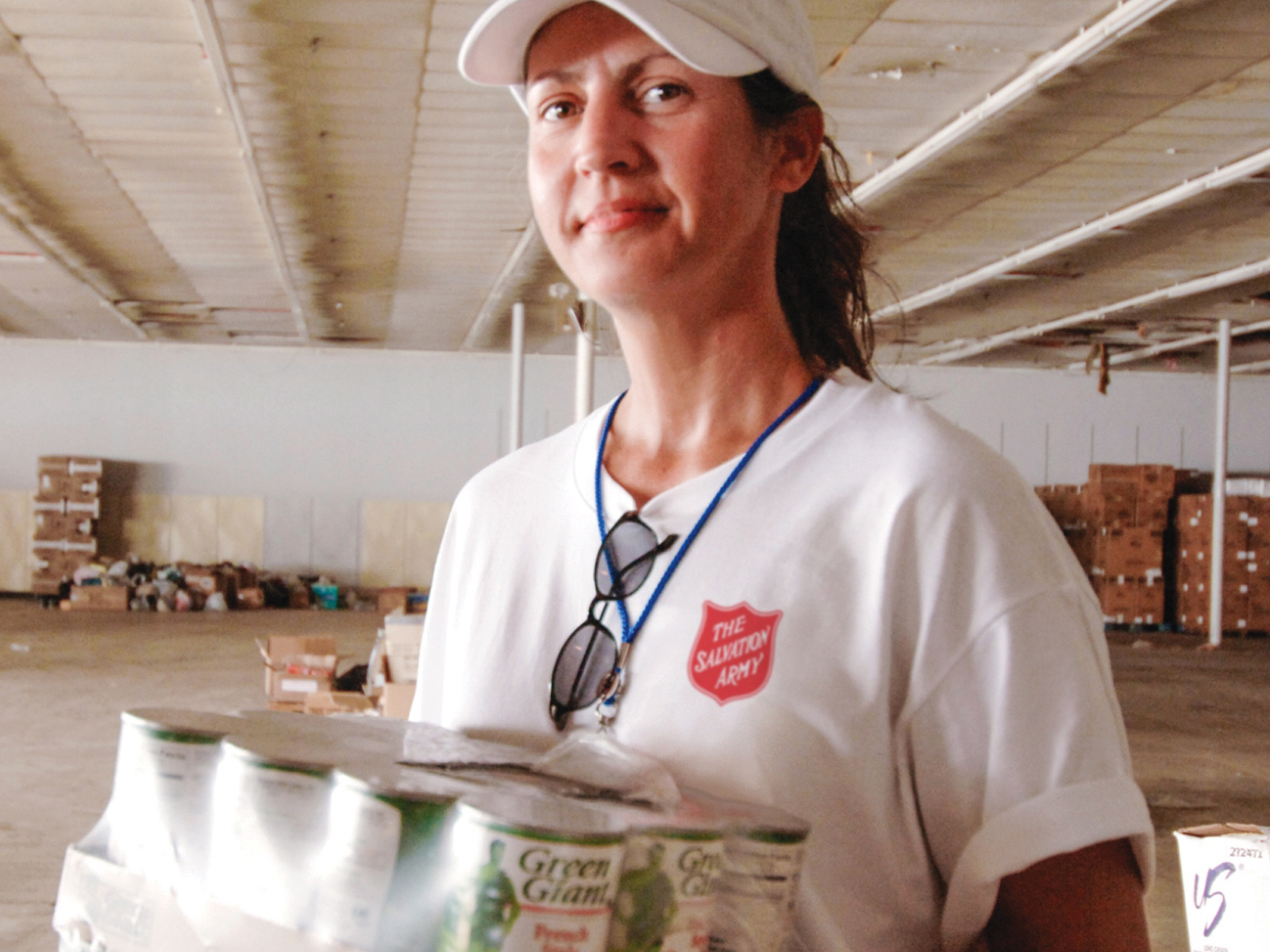Perspectives on the beef and bacon controversy.
Who can you trust? The media isn’t always the most reliable when it comes to public health and safety. What we should eat is always a hot topic and it can be hard to know what’s true and what’s not, but fussing too much is really no way to live.
By Dr. Michael Gordon
I often gain insights into events in the public eye by listening to conversations in the various coffee shops where I do much of my writing. I couldn’t help but overhear one some months ago, when one of five older women sitting at a table proclaimed: “I’m cutting bacon out of my diet!” “Why are you doing that?” another asked. “I just read that bacon, salami and hamburgers can cause cancer,” came the reply. “They say they’re almost as bad as smoking cigarettes. I’d better make sure my children and grandchildren stop eating that stuff as well. It could kill us all!”
Varied and confusing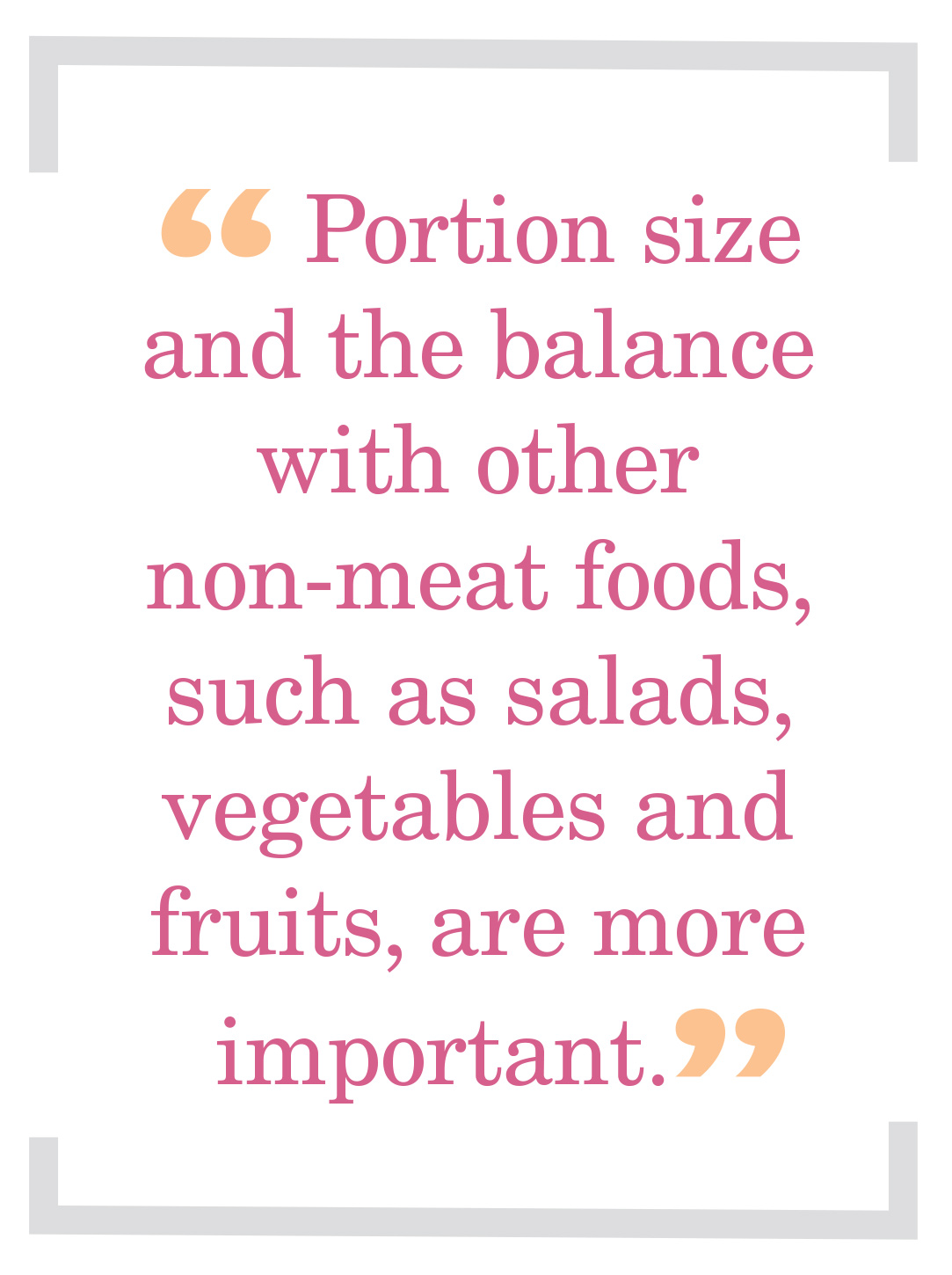
I’m always amazed by the range of responses to health concerns reported in the media. They range from hyperbolic worry on the part of some reporters and the public, to a complete lack of disturbance on the part of others. And let’s face it—it can be very hard to interpret the real implications of certain medical reports or so-called “breakthroughs” that focus on public health threats from the world around us. How big were the sample sizes? Who did the research? Has it been officially accepted? Over the decades, I have watched eggs, coffee, various fats and oils, alcohol, different types of exercise, and where we live and what we breathe come under an alarming spotlight. We’re told to “Beware,” “Take heed,” “Change practice” or “Just stop eating/doing whatever is dangerous right away!”
Should you worry?
Yes—where there is a consumer threat then immediate public health warnings are very necessary. For example, the recent steps taken by Brazil to warn pregnant women to stay away from the Olympics because of the risk of the Zika virus, or in the case of the restaurant Chipotle when a number of people fell ill with E. coli food poisoning after eating at its restaurants in six different U.S. states. These types of warnings are vital, and are reminiscent of those important safety alerts from government health agencies during barbeque season. After all, reminding us to keep products refrigerated and to barbeque chicken and hamburgers particularly well because of the risk of E. coli is just plain sensible!
Moderation
So, what about coffee (the harmful back-and-forths about which have gone on for years), bacon, hot dogs and corned beef? To my way of thinking, the final message should be this: Most things can be eaten in moderation, unless there are specific or personal health-related concerns. Portion size and the balance with other non-meat foods, such as salads, vegetables and fruits, are more important than how much smoked and other meat we eat. Food is one of the most enjoyable parts of life, so don’t become obsessively concerned every time a new “warning” comes out. Hang in there. The likelihood is the recommendation will change over time, so fear not and take it all in stride—with a dollop of Dijon mustard!
Dr. Michael Gordon is Medical Program Director of Palliative Care at Baycrest Geriatric Health Care System.

